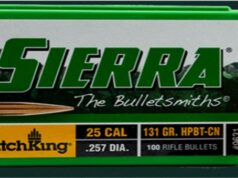Hannah Kopelman, DO, a dermatologist at Kopelman Hair in Paramus, New Jersey, says, “When helping my patients choose a sunblock, I always recommend looking for products that are gentle and designed for sensitive skin. Mineral-based sunblocks, which create a physical barrier to UV rays using ingredients like zinc oxide or titanium dioxide, are typically the best option for people with psoriasis.”
What to Look For in a Sunblock
When you’re shopping for a sunblock, Kopelman suggests the following:
- Look for a “broad spectrum” sunblock to protect against both UVA and UVB rays.
- Ensure products are free from dyes, fragrances, or other irritants to prevent flare-ups.
- Look for SPF 30 or higher, ideally SPF 50, for the most reliable protection.
- Look for sunblocks that contain ceramides or hyaluronic acid for moisture.
What to Avoid in a Sun Protection Product
According to Kopelman, if you have psoriasis, there are certain chemicals, additives, and irritants to avoid. “Chemical sunscreens with ingredients like oxybenzone or avobenzone may trigger irritation,” she says. “The goal is to choose a product that minimizes unnecessary additives and focuses on providing gentle, effective protection.”
What SPF to Choose
“For psoriasis patients, I always recommend using a sunblock with SPF 30 at a minimum, but SPF 50 is even better,” Kopelman says. “SPF measures the level of UVB protection, and higher SPF levels provide longer-lasting and more robust protection. Since psoriasis makes your skin more vulnerable to UV damage, it’s crucial to use a higher SPF, especially if you’re outdoors for extended periods.”









